The cost of borrowing has been increased by the Central Bank of Nigeria (CBN) after the financial regulator announced 16.5 per cent as the new interest rate in the country.
Interest rate shows the cost of loan repayment, and the previous rate in Nigeria was 15.5 per cent. It is often changed or retained monthly by the central bank.
Join our WhatsApp ChannelThe 16.5 per cent interest rate is the highest level in Nigeria since 2000, and the governor of the CBN, Godwin Emefiele, said the decision to increase it was due to the continuous growth in inflation.
Prime Business Africa had reported that inflation rate hit 21.09 per cent in October 2022 from September’s 20.77 per cent.
READ ALSO: 5 Major Reasons Naira Won’t Recover Soon
Inflation movement shows the cost of living in a country. When it rises, the central bank often increases interest rate to curb inflation. However, it has been uncontrollable in the second half of this year.
Aside from the increase in interest rate, the central bank, through its monetary policy committee (MPC), also retained the cash reserve ratio (CRR) at 32.5 per cent in their meeting on Tuesday. The liquidity ratio was also retained at 30 per cent.
Expressing his worry over inflation rate, Emefiele said, “With a rise in inflation, loosening the stance of policy will lead to a more aggressive rise in inflation and will erode that gain already achieved through tightening as regards whether to hold MPC was of the view that they won’t stand at the period close to December festive and expected heavy spending during 2023 general election.”
The central bank governor explained further that, “MPC decided to continue to tighten, but at a somewhat more moderated rate, noting that tightening the stance of policy would narrow the negative real effective interest rate margin and force improve market sentiment and further restore investors confidence.”
Meanwhile, the increase in interest rate is projected to be in preparation for naira devaluation by the central bank. According to the Managing Director, Chief Economist, Africa and Middle East Global Research, for Standard Chartered Bank, Razia Khan, “We think this implies an eventual NAFEX rate of about 500 – we believe that the CBN may be preparing the ground for FX reforms and is willing to accommodate higher market interest rates in order to attract foreign portfolio investors. We now expect a 150bps hike in the monetary policy rate to 17.0 per cent in November (consensus: 16.0%, prior 14.0%).”





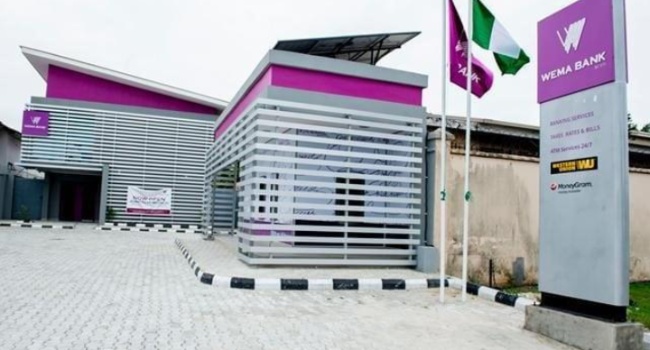
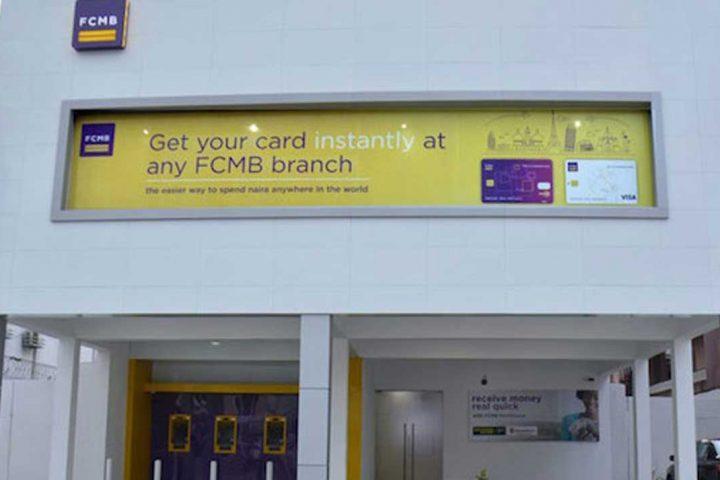
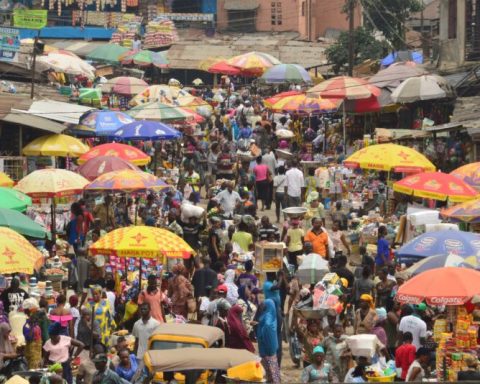






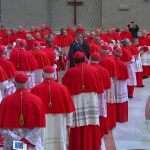



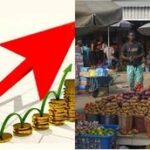
Follow Us